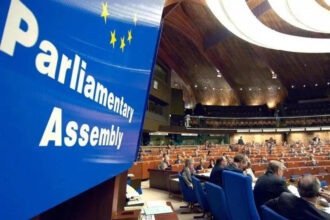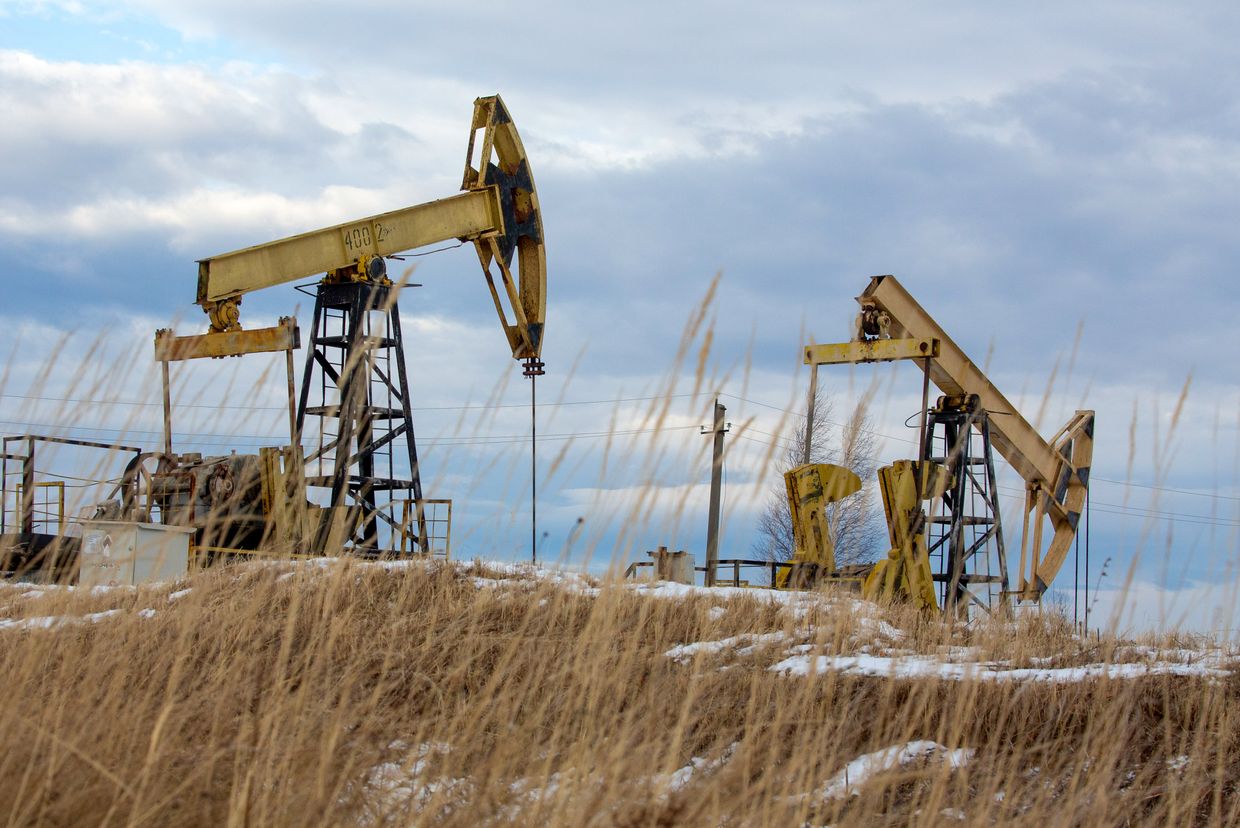Saudi Arabia’s plan to increase oil production may not be enough to break Russia’s petro export-fueled economy. But escalations between Iran & Israel would be a goldrush for Moscow.
Since late 2022 the OPEC cartel, which Russia is a part of, has restricted oil production and exports in order to prevent a market surplus. But Russia and the other members did not follow the restrictions that got under the skin Saudi Arabia, the de facto leader of OPEC.
Riyadh responded by saying it would increase oil production in December, which could deflate global prices and penalize noncooperative OPEC member states. Russia will be allowed to increase oil production as well, but its capacity is much more limited than Saudi Arabia.
Oil and gas exports were the backbone of Russia’s economy. They accounted for 35-40% of budget revenues before the full-scale invasion. The energy sector in Russia, led by CEOs who are close to President Vladimir Putin has kept Russia dependent on fossil fuels for quick profits, instead of seeking economic growth and diversification.
To offset the risks of Russian trade, Russia has already discounted its Ural crude by 12-15 dollars compared to Brent oil, which is the global benchmark. In addition to the Group of Seven sanctions that have prevented Russia from accessing the Western oil markets, Moscow and its military efforts could suffer if Saudi crude floods market.
The Kyiv Independent reported that “this is doubly dangerous for Russia because it will force them to lower the prices of their crude oil to compete on the market and also find buyers willing to accept their oil despite the existing sanctions.” Vaibhav Raghunandan, EU Russia Analyst at the Center for Research on Energy and Clean Air, a think-tank, said.
Currently, the price of Russian Ural crude is hovering around $67 a barrel. Production costs are around $17-18 a barrel. Raghunandan says that if prices drop to $30 per barrel the Russian economy will suffer a major setback and its war effort in Ukraine would be hampered.
David Fyfe is the chief economist of Argus Media a market research group. He told The Kyiv Independent that this scenario appears unlikely for now unless there’s a global recession. OPEC producers are planning to gradually introduce oil on the market, at 198,000 barrels a day, each month. This is not enough to drastically reduce prices or crash Russia’s economic system, he said.
He said that even if crude oil prices dropped to $50 per barrel as Riyadh believes is possible, Russia could still sustain itself for at least six months.
Fyfe does not see enough demand for the additional barrels. The real test will come in the second quarter of 2025, which could force OPEC backtrack on its decision and cut production once again.
The Russian oil sector managed to avoid export sanctions to the West, but at a cost. This year, its oil and gas revenues grew by about 50% compared to the same period in 2023.
Russia’s options for export are limited. Moscow sends almost half of its crude oil to China, but the country is in an economic crisis caused by the crash of the property market and Beijing’s demand for oil has likely peaked. This limits Russia’s growth potential.
Fyfe stated that it is unlikely that the U.S. and Western Europe will be able to purchase Russian oil or refined products in the near future.
“If Russia wants export revenues to increase, it may sell a little more (oil).” In any given year, Russia might sell a little more oil to China, but the import growth from China is not huge.
He said that sanctions that limit Russia’s access to Western technologies, on which its oil assets depend, could also erode the industry in the next five-year period. He added that Moscow is likely to be looking at the possibility of tighter sanctions in the coming years.
An escalation of violence in west Asia would be the saving grace for Russia’s energy sector. Oil prices spiked by almost $10 per barrel after Iran launched missiles at Israel on October 1. This was due to fears of a retaliatory attack from Israel.
Fyfe noted that the prices have fallen again due to a weak global economy. However, if Israel targets Iran’s energy sector, they could rise again. Israel has stated that it will leave Iran’s oil and nuclear installations alone, following alarms from Gulf States.
If the situation escalates, experts believe that Iran could close the Strait of Hormuz. This is where 15-20% of world oil supplies are transported daily. Vasily Astrov, economist at the Vienna Institute for International Economic Studies think tank, said that the result would be “a bonanza for the Russian government and economy” as prices skyrocket.
Iran would only be hurting itself if it blocked its own oil exports. Fyfe believes that Tehran will only resort to this option as a last-ditch effort.
Dominic is the Kyiv Independent’s business reporter. He has written for several publications, including the Financial Times and Radio Free Europe/Liberty. Dominic was previously a disinformation specialist with StopFake, debunking Russian false news in Europe. Read more
Read More @ kyivindependent.com













